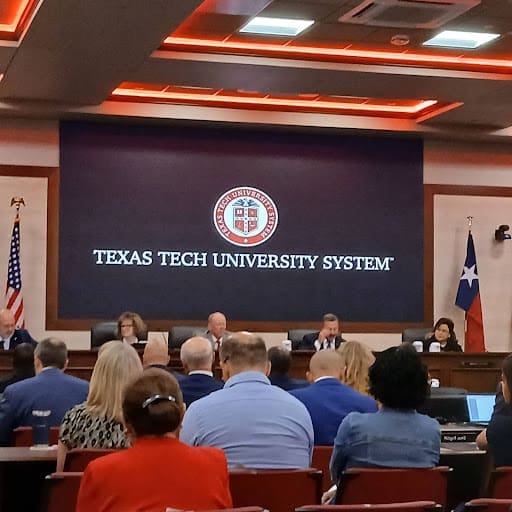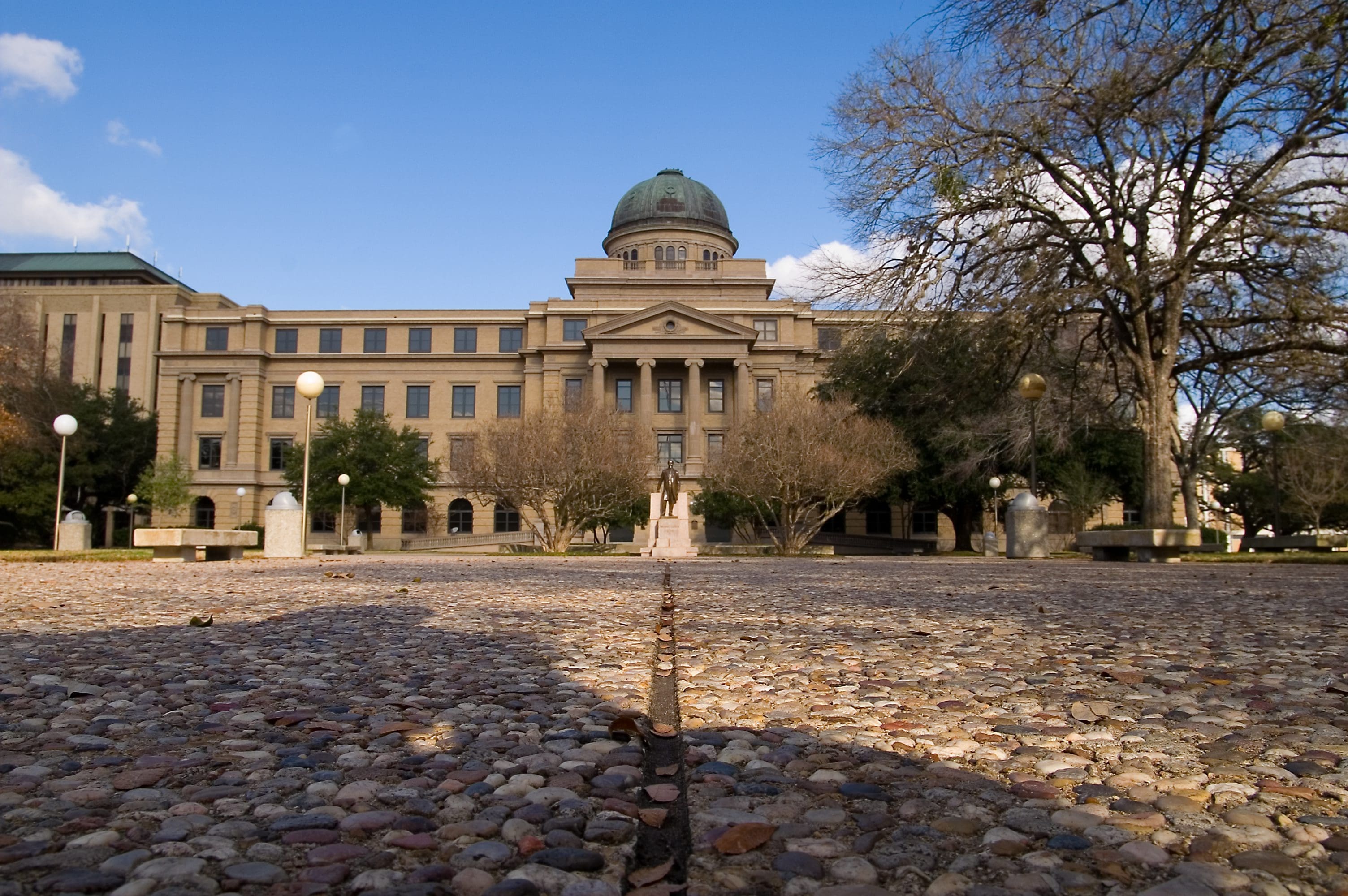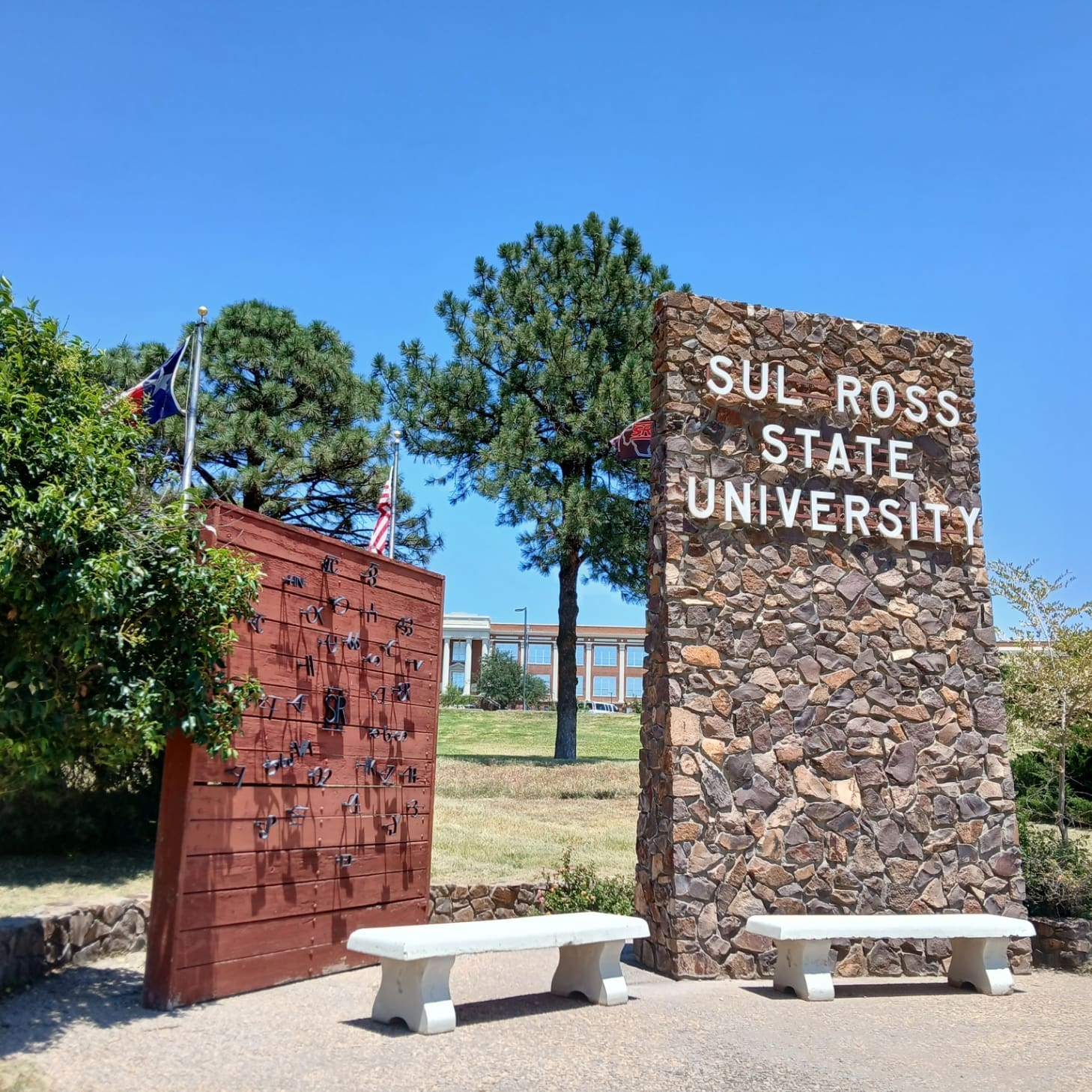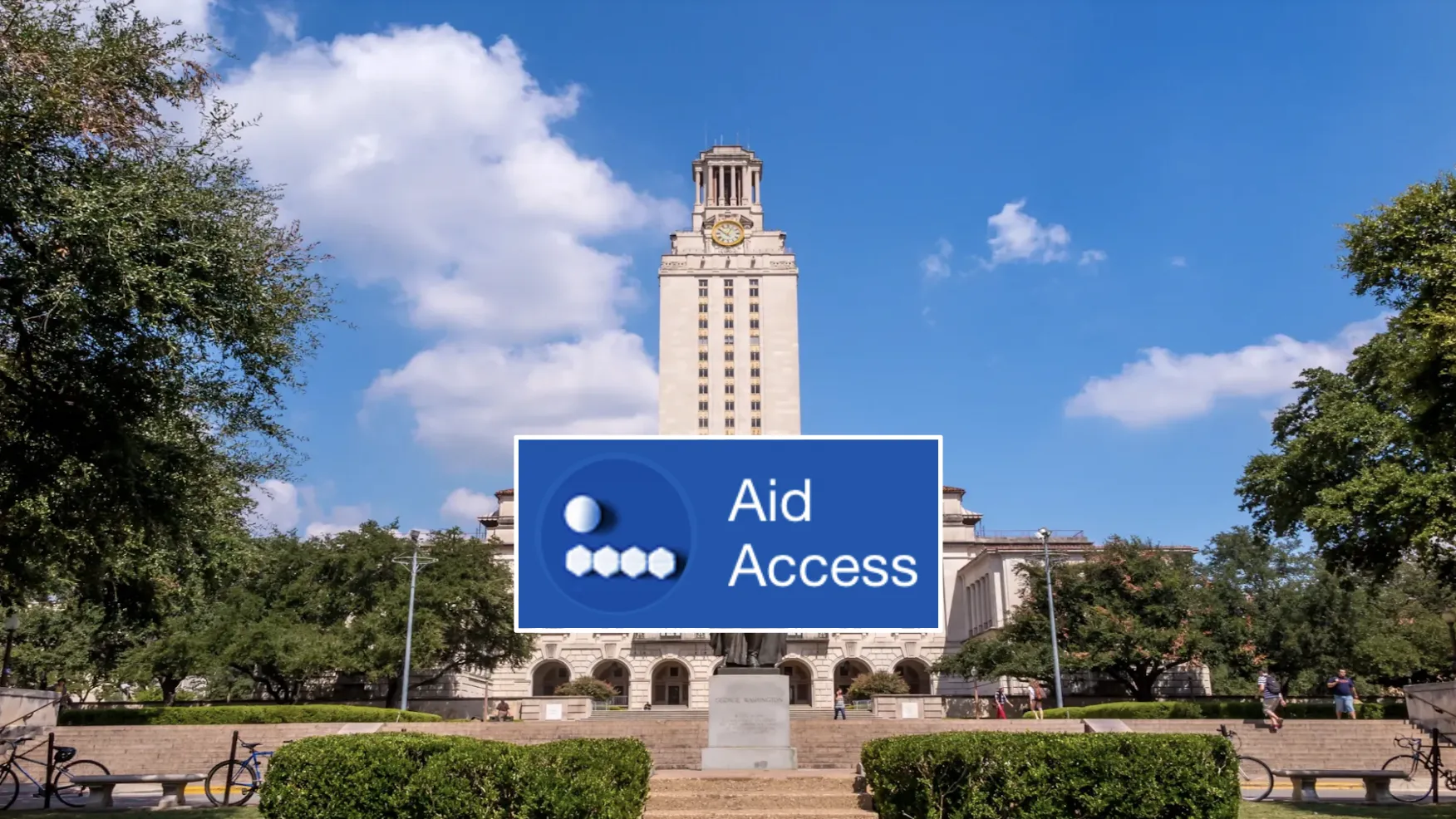Following an overhaul of higher education governance during the regular legislative session, the University of North Texas System Board of Regents amended its rules to reconstitute faculty senates across the system’s campuses and to adjust on-campus free speech policies.
At the UNT Health Science Center in Fort Worth on Thursday afternoon, regents unanimously voted to change their rules in response to new state laws.
One of those laws, Senate Bill 37, overhauled university governance and explicitly states that faculty senates must be advisory bodies only. This law also increases the power of boards of regents over curricula and hiring decisions. It will go into effect on September 1.
According to the amended rules, the law also restricts individual faculty senates to 60 members, each of whom must be employed at that specific campus. Each college or school must be represented by two or more members. One will be appointed by the campus president, and the others will be selected by the faculty of that specific school or college.
For the past few years, Americans have expressed shock following revelations of higher education institutions indoctrinating students in LGBT and other left-wing ideologies.
University faculties have been hotbeds for these ideologies, and their influence has not been limited to the classroom, but has extended to university governance.
In the past, Texas universities have followed a policy of “shared governance” in which universities’ boards of regents delegate authority to university presidents, who subsequently share power with faculties, which are represented by faculty senates.
While regents are accountable to Texans through the governor and the Texas Senate, which appoint and confirm them, faculty senates have enjoyed distance from such accountability.
State lawmakers changed that in the 2025 regular legislative session.
“Only you as the board of regents may now establish a faculty senate for each of the UNT campuses,” Vice Chancellor and General Counsel Alan Stucky told the regents.
While state law explicitly asserts that faculty senates are now advisory-only—and, according to Vice Chancellor Stucky, are now creatures of the regents—documents for the UNT regents’ meeting continued to use the phrase “shared governance.”
“By amending this Regents Rule, the Board of Regents will establish faculty senates at each of the UNT System institutions, demonstrate support for the faculty and principles of shared governance, and fulfill the Board’s legal obligation of adopting a policy related to selection of faculty senate members,” the rule change proposal stated on page 163 of the board book for that day.
Texas Scorecard asked the UNT System for comment on the language. “SB37 offers a definition of shared governance which is consistent with the board action today,” replied Steve Moore, vice chancellor for marketing & communication.
The regents also changed the system’s rule regarding public demonstrations.
In 2024, anti-Israel protests swept college campuses nationwide, including in Texas, heating up after Hamas’ October 7 surprise attack against Israeli civilians, which killed more than 1,200 people.
At the time, State Sen. Brandon Creighton (R–Conroe), who chairs the Senate Education Committee, noted that the First Amendment does not protect violence or harassment.
State lawmakers responded by passing Senate Bill 2972, which will also go into effect September 1.
Vice Chancellor Stucky presented to regents the rule change, found on page 97 of the regents’ board book, to comply with the new law.
There are now designated areas where visitors to UNT campuses “may engage in free speech activities.” At the UNT Denton campus, the first such zone is an open green space next to the art building off Mulberry street. The other is next to the Willis Library along Highland Street.
No ads. No paywalls. No government grants. No corporate masters.
Just real news for real Texans.
Support Texas Scorecard to keep it that way!





